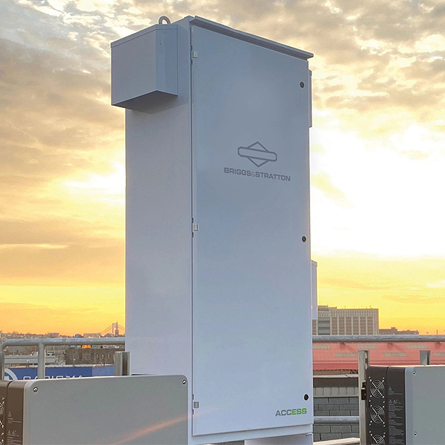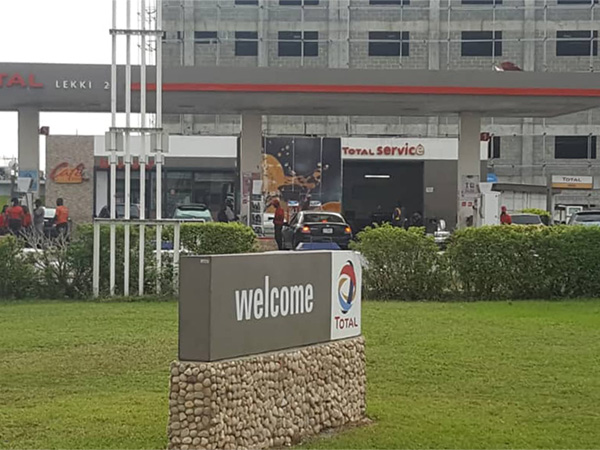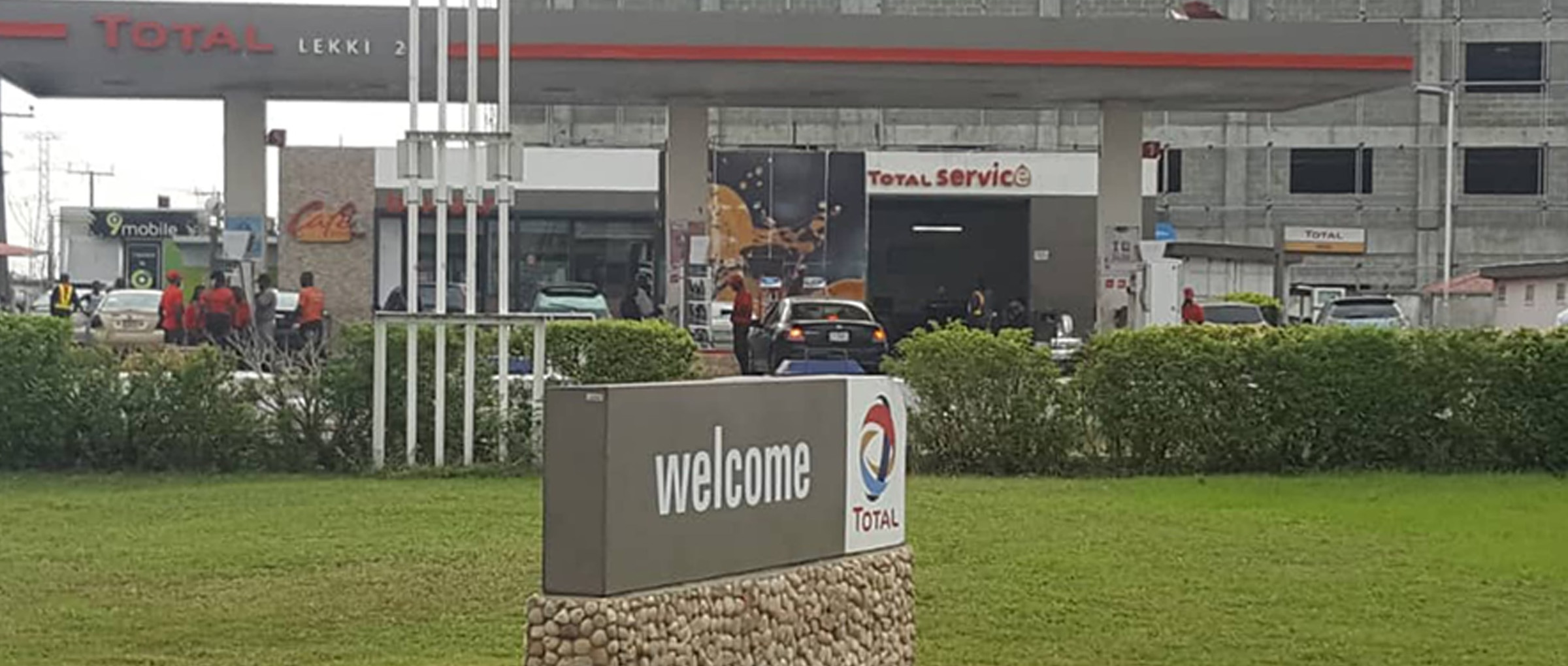Total, a leading French international energy conglomerate, faced the issues of poor national grid reliability, high diesel fuel costs and high utility bills across their fuel service stations in Nigeria. In fact, the national grid in Nigeria is only available for an average of 6 hours per day, and is often completely unavailable for several days in a row. This grid unreliability makes it difficult for Total’s service stations to continue functioning efficiently, directly impacting the company’s bottom line. When the grid fails, Total service stations must rely upon diesel generators, which can be costly in terms of time spent refueling, maintenance and diesel fuel costs. It is also costly in terms of harmful effects on the community and environment through pollution and greenhouse gas emissions.


To ensure their stations have access to more reliable, affordable, and environmentally friendly power sources, Total has introduced a worldwide program to convert its fuel service stations to renewable energy. In Nigeria, Total selected Green Elec to install solar with batteries at 7 service stations in Lagos, Port Harcourt, and Kaduna. The two companies chose to deploy our batteries because of their safe lithium iron phosphate chemistry, wide temperature range - ideal for Nigeria’s hot climate - and proven reliability in harsh, remote environments. Due to the longer warranty cycle life of the PHI 3.5 batteries - 10,000 cycles or 10 years - the return on investment made the batteries an easy choice. The deployments have already resulted in 60% cost savings, primarily due to the offset diesel costs.

While technically grid-tied, Total’s 7 deployments across Nigeria strictly reserve the grid and genset for backup power. For example, this AC-coupled installation in Lekki District, Lagos, is grid-tied but primarily operates in off-grid mode - relying solely on solar and energy storage. The batteries harness, optimize, and deploy the power of the sun any time of day or night, with no maintenance, no off-gassing, and without the need for any costly heat mitigation equipment. This installation in Lekki District consists of 12 PHI 3.5 kWh batteries (40.8 kWh of energy storage), 27.4 kW of Sun Power solar modules, one 25 kW Schneider Electric Conext CL 25000E PV inverter, and one 20.4 kW Schneider Electric Conext XW 8548E battery-based inverter. It also has a Schneider Electric Conext ComBox, Automatic Generator Start and System Control Panel. The Conext ComBox acts as a power analytics tool, allowing Total to remotely monitor current and historical energy use to maximize savings. This solar plus storage installation powers all critical equipment for the service station, including fuel dispenser pumps, a refrigerator, air conditioning, the lube bay compressor, signage, and external lights.
According to Olivier from Green Elec, "the ambient temperature requirement for PHI batteries and the extended cycle life compared to standard batteries made deployment in Nigeria an easy and cost-effective solution." Total can now rest assured that these seven fuel service stations are saving the business money while mitigating negative effects on the environment.




Request a Commercial Consultation
Talk with a Briggs & Stratton energy expert by clicking the button below and provide basic information about your upoming project!



